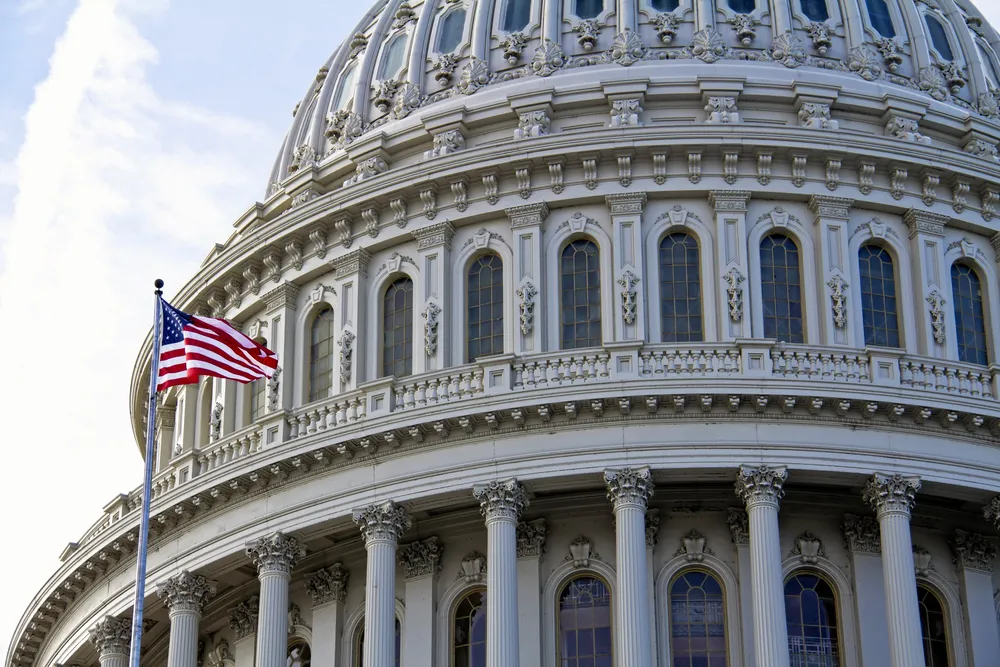Republican moves to slash clean energy funding slammed: 'this will raise costs for Americans'
Republicans in the House of Representatives follow through on promise to end alleged 'green new scam' through budget reconciliation, but intraparty conflict could torpedo efforts

Two US Congressional committees released their versions of the nation’s budget that aims to slash funding of former President Joe Biden’s signature legislative achievement the Inflation Reduction Act (IRA), drawing immediate criticism from clean energy advocates.
The Energy and Commerce and Ways and Means committees in the lower House of Representatives released their portions of the budget last Friday and today, respectively.
The proposals are in response to President Donald Trump's budget bill released 2 May that highlights the administration's spending priorities for 2026. The President and Congressional committees will release versions of the budget that will be debated before being voted on, ideally by 1 June.
“The legislation would reverse the most reckless parts of the engorged climate spending in the misnamed Inflation Reduction Act, returning $6.5bn in unspent funds,” Guthrie said.
The proposals would rescind certain IRA tax credits and funding for everything from clean energy job training to supply chain development and transmission.
Republicans who narrowly control both chambers of Congress are using the process of budget reconciliation that requires a simple majority to pass the package without Democratic votes.
Other committees will be releasing their spending and tax priorities this week, which will kickstart negotiations for the final budget proposal.
While Republicans have been largely supportive of Trump's agenda, IRA has funded billions in supply chain investment, mostly in conservative voting areas of the nation.
The bills were slammed by renewable energy proponents as shortsighted and contrary to Trump’s “energy dominance” agenda.
“If adopted, the proposed language will raise energy costs for American consumers, force American factories to shut their doors, and threaten American jobs,” said Jason Grumet, CEO of renewable energy advocate American Clean Power Association (ACP).
"With energy demand surging, this is not the time for disruption,” Grumet said, adding that ACP “will work with lawmakers to ensure that the final product achieves necessary cost savings while maintaining investment certainty, energy reliability, economic growth, and global competitiveness.”
Stephanie Francoeur, senior vice president of marketing and communications at offshore wind advocate Oceantic Network said: “Dismantling clean energy and manufacturing tax credits only worsen[s] our national energy crisis.
It "will directly harm Americans by increasing energy bills, stifling investment, slowing energy development, and killing good-paying jobs across the United States,” she added.
Trump has taken particular aim at offshore wind, with his memorandum on 20 January freezing sector permitting and leasing and even halting ongoing projects, including Equinor's $7bn Empire Wind 1 to New York.
(Copyright)